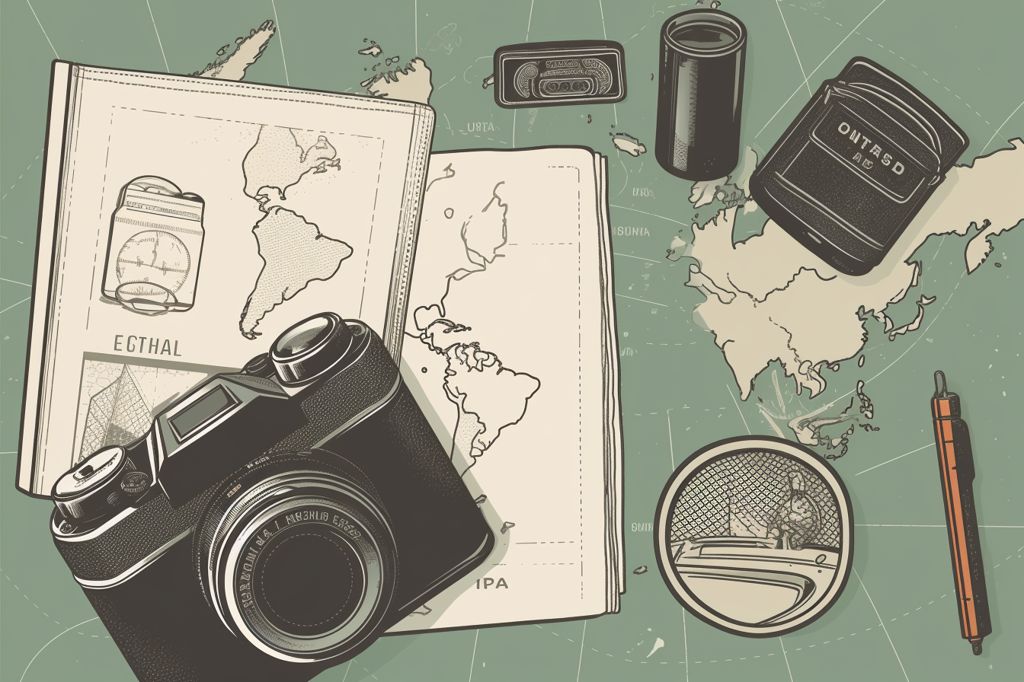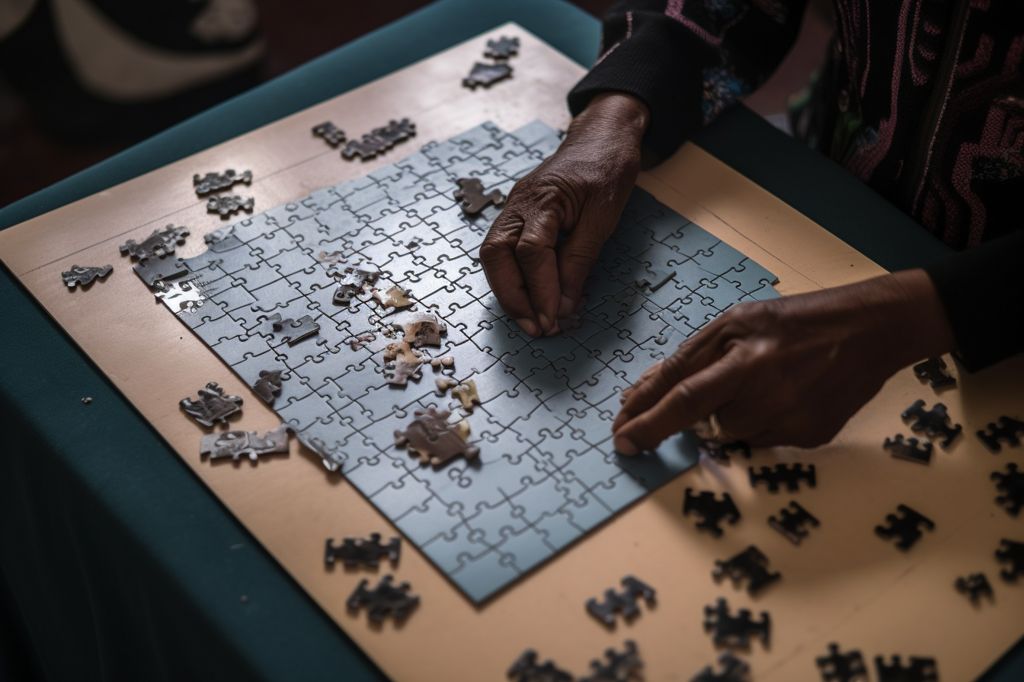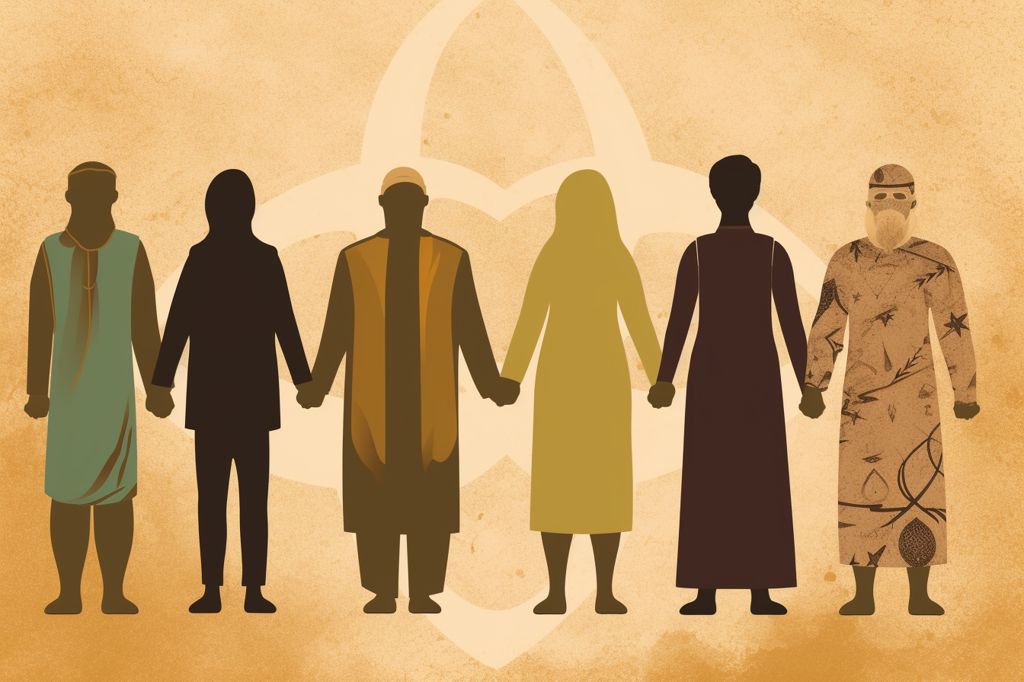South Africa’s tourism industry is pushing to reach pre-COVID visitor numbers by 2030. Patricia de Lille, the Tourism Minister, has called on stakeholders to unite and foster growth to achieve over 21 million tourist arrivals before the end of the decade.
Strategies to Achieve the Goal
De Lille urged South Africa to implement the Tourism Recovery Plan and the Tourism Sector Master Plan, a comprehensive strategy that will identify global trends and the South African government’s role in advancing the industry. One key innovation is the e-visa system, which De Lille believes will significantly increase tourist numbers. President Cyril Ramaphosa announced the e-visa expansion to 20 more countries, and De Lille plans to collaborate with Home Affairs Minister Dr. Aaron Motsoaledi to expedite applications and approvals.
The government is also working on various initiatives to boost the country’s appeal as a tourist destination. These include developing new tourism products, promoting domestic tourism, enhancing skills development and training, and increasing marketing efforts to attract international visitors. Furthermore, South Africa is focusing on leveraging its unique natural and cultural resources to provide a memorable experience for visitors.
Challenges Ahead
South Africa’s tourism industry faces numerous obstacles, including fluctuating global economic conditions, rising fuel prices, and competition from other destinations. Additionally, the ongoing threat of COVID-19 and the potential for new variants could continue to impact international travel.
Collaboration and Coordination is Key
The success of South Africa’s tourism industry depends heavily on the collaboration and support of various stakeholders, including national, provincial and local governments, the private sector, and community-based organizations. Ensuring a coordinated and effective approach will be crucial in overcoming these challenges and realizing the vision of reaching pre-COVID visitor numbers by 2030.
South Africa’s tourism industry has set itself an ambitious target to recover from the devastating impact of the COVID-19 pandemic. The government is actively implementing various strategies and initiatives to achieve this goal, but the path to success is uncertain and fraught with challenges. The collaboration and concerted efforts of all stakeholders will be crucial in achieving the desired growth in tourist arrivals and ensuring a sustainable and thriving tourism sector in the years to come.










